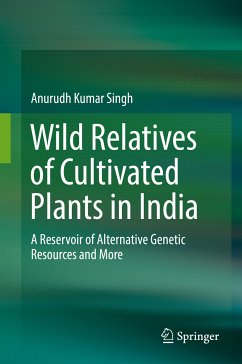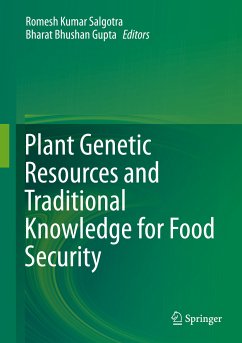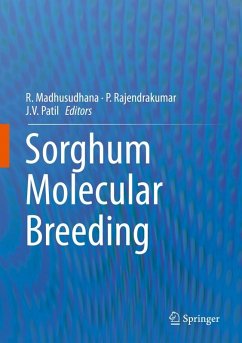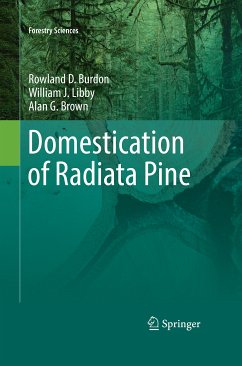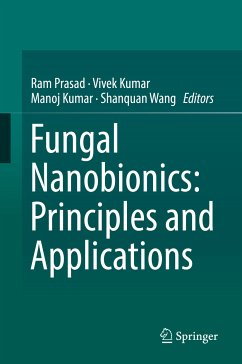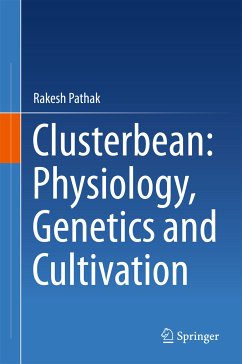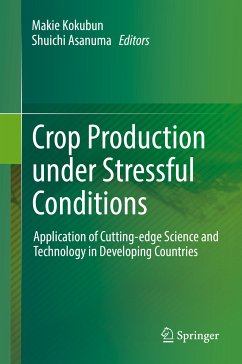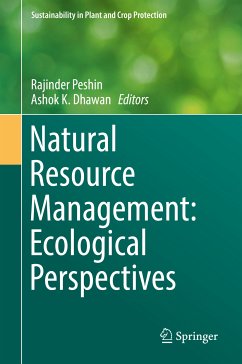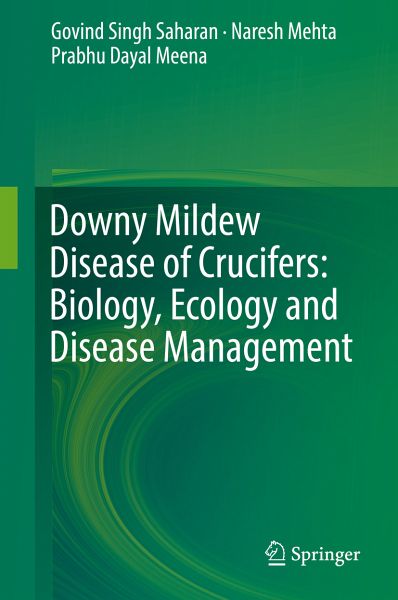
Downy Mildew Disease of Crucifers: Biology, Ecology and Disease Management (eBook, PDF)
Versandkostenfrei!
Sofort per Download lieferbar
112,95 €
inkl. MwSt.
Weitere Ausgaben:

PAYBACK Punkte
56 °P sammeln!
The book reviews key developments in downy mildew research, including the disease, its distribution, symptomatology, host range, yield losses, and disease assessment; the pathogen, its taxonomy, morphology, phylogeny, variability, sporulation, survival and perpetuation, spore germination, infection, pathogenesis, seed infection, disease cycle, epidemiology, forecasting, and fine structures. The book also elaborates the mechanisms of host resistance (biochemical, histological, genetic, and molecular, including cloning and the mapping of R-genes), disease resistance breeding strategies, and the ...
The book reviews key developments in downy mildew research, including the disease, its distribution, symptomatology, host range, yield losses, and disease assessment; the pathogen, its taxonomy, morphology, phylogeny, variability, sporulation, survival and perpetuation, spore germination, infection, pathogenesis, seed infection, disease cycle, epidemiology, forecasting, and fine structures. The book also elaborates the mechanisms of host resistance (biochemical, histological, genetic, and molecular, including cloning and the mapping of R-genes), disease resistance breeding strategies, and the genetics of host-parasite interactions. It explores disease management based on cultural, chemical, biological, host resistance, and integrated approaches; and provides suggestions for future research areas.
This book offers a comprehensive guide to an economically important disease, reviewing in detail the extant body of literature. Divided into 16 chapters, each of which includes a wealth of photographs, graphs, histograms, tables, figures, flow charts, micrographs etc., it represents an invaluable source of information for all researchers, teachers, students, industrialists, farmers, policymakers, and all others who are interested in growing healthy and profitable cruciferous crops all over the world.
This book offers a comprehensive guide to an economically important disease, reviewing in detail the extant body of literature. Divided into 16 chapters, each of which includes a wealth of photographs, graphs, histograms, tables, figures, flow charts, micrographs etc., it represents an invaluable source of information for all researchers, teachers, students, industrialists, farmers, policymakers, and all others who are interested in growing healthy and profitable cruciferous crops all over the world.
Dieser Download kann aus rechtlichen Gründen nur mit Rechnungsadresse in A, B, BG, CY, CZ, D, DK, EW, E, FIN, F, GR, HR, H, IRL, I, LT, L, LR, M, NL, PL, P, R, S, SLO, SK ausgeliefert werden.



